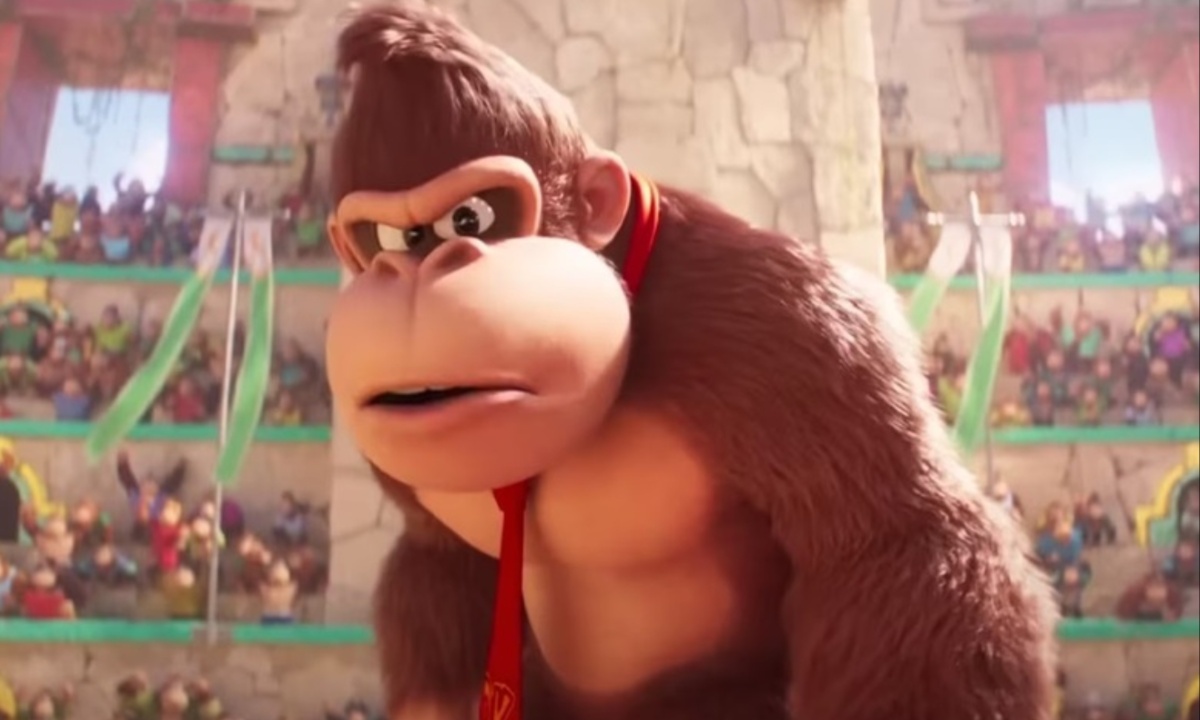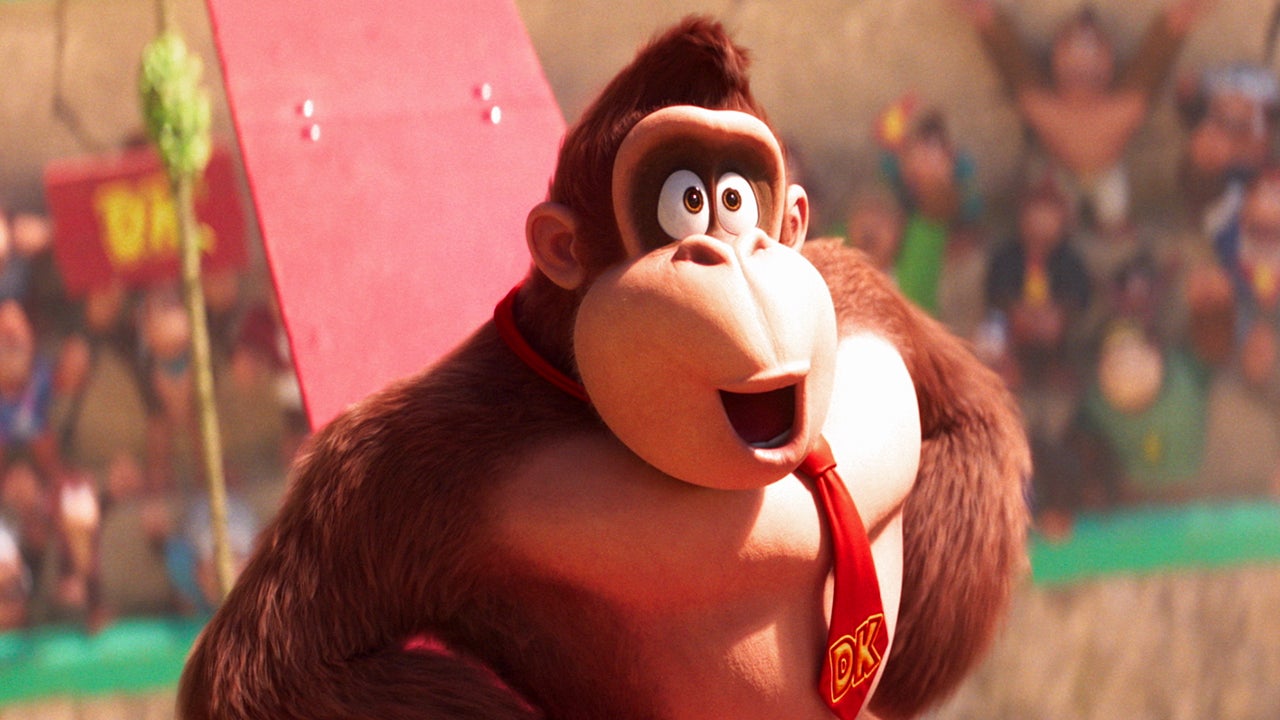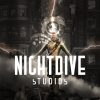In 2023, The Super Mario Bros. Movie featured the iconic “DK Rap” from Donkey Kong 64, yet composer Grant Kirkhope was surprised to see his name absent from the film’s credits. Despite the song’s prominent inclusion, Kirkhope received no official recognition, prompting confusion and disappointment from fans and the composer himself. His surprise was understandable, considering the piece was a memorable part of the film’s soundtrack.
Grant Kirkhope Denied Credit Due To Confusing Nintendo Policy And Ownership Rules
Kirkhope reached out to Nintendo for clarification and learned of an unusual policy. According to the company, any music from games owned by Nintendo wouldn’t credit the original composers, except for Koji Kondo. Additionally, vocal tracks were supposed to be credited, but only if Nintendo didn’t hold full ownership. Because they owned the DK Rap and it had vocals, it met both conditions for not crediting the composer. This explanation left Kirkhope frustrated, calling it “the final nail in the coffin.”

Kirkhope expressed personal sadness about the decision, noting that even if his name had appeared in the end credits, it would likely go unnoticed by most. He recounted how only he, his wife, and children were present to witness the would-be acknowledgment. Despite his pleas for reconsideration, Nintendo stood firm in its decision, leaving no room for negotiation.
Neglected Legacy Of DK 64 Music And Ongoing Debate Over Creative Recognition
The issue extends beyond just the movie credits. Kirkhope noted in the interview that the DK Rap, along with the rest of the Donkey Kong 64 soundtrack, remains absent from Nintendo’s official music platforms. While other Rare composers like David Wise have had some of their work included, Kirkhope’s contributions seem largely neglected. He suggested that Nintendo may simply not hold Donkey Kong 64 in high regard, citing long-standing rumors from within Rare.
Though Kirkhope acknowledged that Nintendo owns the music and has the final say, the situation raises broader questions about credit and recognition in the gaming and film industries. His experience has struck a chord with many who feel that creators deserve acknowledgment regardless of ownership technicalities. Whether due to policy, preference, or past opinions about the game, Kirkhope’s exclusion remains a sore point for fans and a reminder of how murky creative rights can be.


